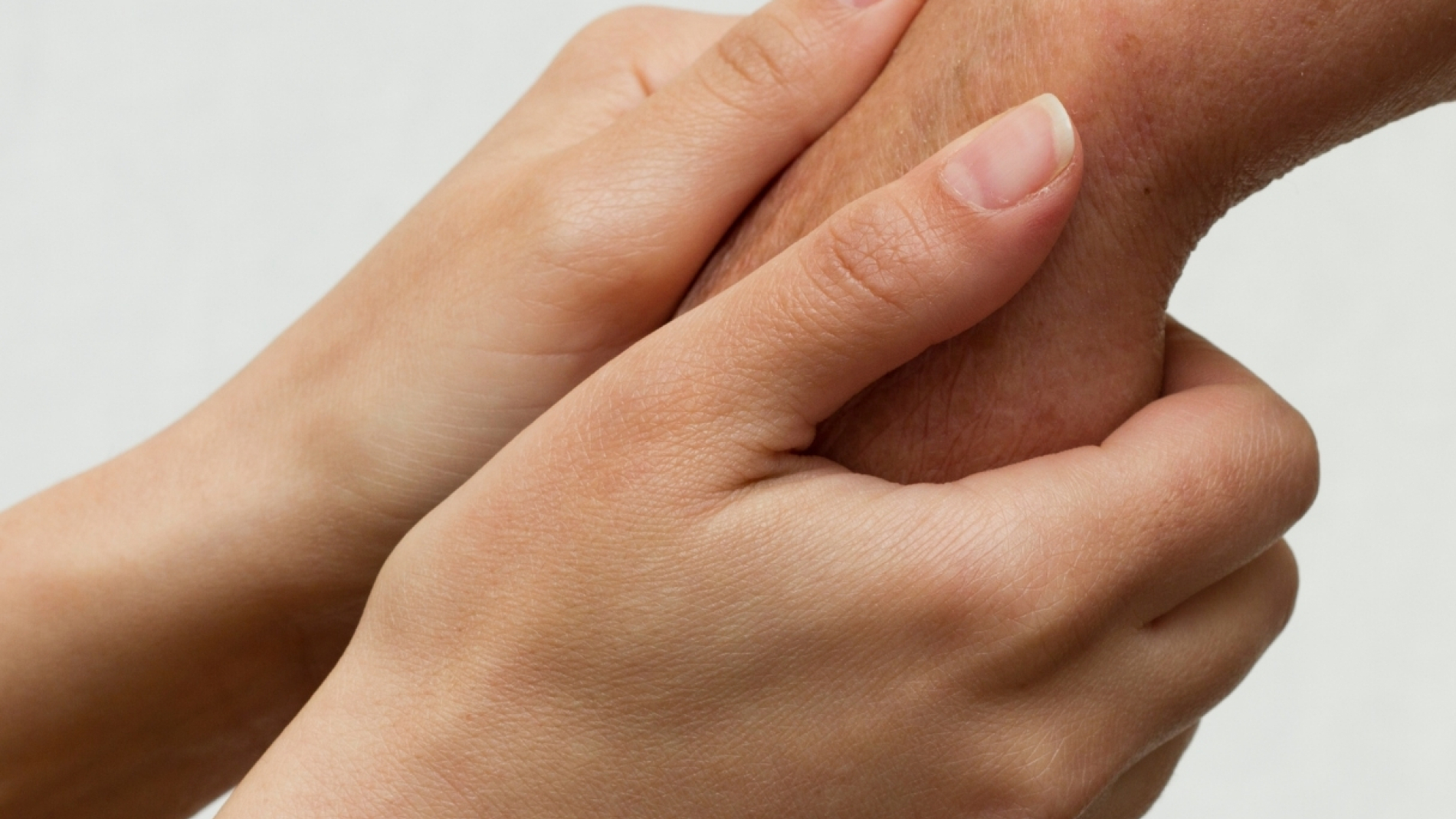
In a recently published article, researchers propose a new discipline: touch medicine. Their approach aims to bridge the gap between recent discoveries in touch research and clinical medicine, thus integrating interpersonal touch as a therapeutic tool in various medical specialties.
Interpersonal touch is recognized as a fundamental sensory experience that is critical for promoting social bonding and overall well-being. Despite increasing evidence of effectiveness, the integration of touch-based therapies into clinical practice remains limited to date.
The authors, all experts in the field of touch research, emphasize the profound impact of touch on psychosocial and physical health. Many studies have linked a lack of touch in childhood to negative consequences, while professional touch techniques have been shown to be effective in the prevention and treatment of various illnesses.
One focus of touch medicine is in the treatment of depression. Controlled studies and systematic reviews have emphasized the antidepressant, anxiety-relieving and pain-relieving effects of specific massage techniques. The mechanisms of action, which include stress-related and psychological factors, are currently being investigated.
Touch medicine is not limited to a single specialist field, but rather represents an interdisciplinary endeavor with far-reaching implications. This includes pain medicine, neurology and psychiatry, among others, which benefit from the integration of touch-based interventions in practice. The German Society for Touch Medicine is also committed to this. "The areas of application of touch medicine are diverse and range from the care of premature babies to palliative care, i.e. from the cradle to the grave," emphasizes Michael Eggart, health scientist at RWU and board member of the German Society for Touch Medicine e.V. "This could result in interesting fields of activity for the nursing and healthcare professions, also with regard to the prevention of diseases." In addition, clinical psychology and psychosomatic medicine can use these findings to improve patient care.
The establishment of touch medicine marks a paradigm shift in healthcare that recognizes the importance of interpersonal touch in promoting holistic well-being. As research in this area continues to evolve, the potential to transform clinical practice is enormous.
________________________________________________________
The press release is based on a recently published article:
McGlone, F., Uvnäs Moberg, K., Norholt, H., Eggart, M., & Müller-Oerlinghausen, B. (2024). Touch medicine: Bridging the gap between recent insights from touch research and clinical medicine and its special significance for the treatment of affective disorders. Frontiers in Psychiatry, 15, 1390673. https://doi.org/10.3389/fpsyt.2024.1390673
The first author, Francis McGlone, is a leading expert in international touch research, particularly affective touch. The corresponding author, Bruno Müller-Oerlinghausen, is Professor Emeritus of Clinical Psychopharmacology at the Charité Berlin and Senior Professor at the MHB with a special interest in the antidepressant effects of "psychoactive" touch.
For further information or interview requests, please contact
Prof. Dr. Bruno Müller-Oerlinghausen, First Chairman of the German Society for Touch Medicine e.V., Bruno.Mueller-Oerlinghausen@mhb-fontane.de